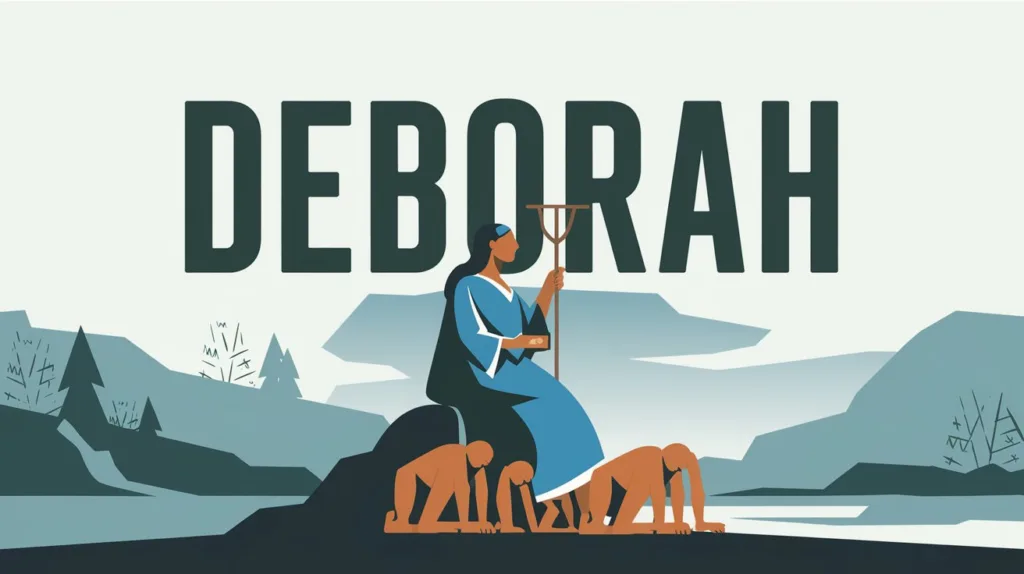The Name and First Mention
The name Bethel first appears in Genesis 28 when Jacob, fleeing from Esau, stops for the night in the wilderness. Exhausted and alone, Jacob lays his head on a stone. That night, God gives him a vision:
“Then he dreamed, and behold, a ladder was set up on the earth, and its top reached to heaven; and there the angels of God were ascending and descending on it.”
(Genesis 28:12)
God reaffirms to Jacob the covenant He made with Abraham and Isaac:
“I am the LORD God of Abraham your father and the God of Isaac; the land on which you lie I will give to you and your descendants… And in you and in your seed all the families of the earth shall be blessed.”
(Genesis 28:13–14)
When Jacob awakes, he declares:
“Surely the LORD is in this place, and I did not know it… How awesome is this place! This is none other than the house of God, and this is the gate of heaven!”
(Genesis 28:16–17)
Jacob names the place Bethel, “House of God”, and sets up the stone as a pillar, vowing that if God keeps His promise, the LORD will be his God (Genesis 28:18–22).
God’s Presence
Bethel symbolizes God’s presence and covenant faithfulness. Jacob encountered God not in a temple or city, but in a lonely wilderness, reminding us that God meets His people wherever they are. Centuries later, Jacob returns to Bethel after God commands him:
“Arise, go up to Bethel and dwell there; and make an altar there to God, who appeared to you when you fled from the face of Esau your brother.”
(Genesis 35:1)
This return is significant. Jacob purges his household of idols (Genesis 35:2–4), renews his commitment to the Lord, and worships. Bethel becomes a place of revival and a turning point from compromise to consecration.
Bethel in Israel’s History
Bethel later becomes a major center in Israel’s spiritual life, and also a warning. During the period of the judges, the ark was there temporarily (Judges 20:26–27). But under King Jeroboam, Bethel became a center of false worship. Jeroboam set up a golden calf there, saying:
“Here are your gods, O Israel, which brought you up from the land of Egypt!”
(1 Kings 12:28–29)
What began as a place of genuine encounter with God turned into a place of idolatry. Hosea later condemns Bethel as “Beth-Aven” (House of Wickedness) because of its corruption (Hosea 10:5–8). Amos warns:
“Do not seek Bethel, nor enter Gilgal… Seek the LORD and live.”
(Amos 5:5–6)
Bethel reminds us that sacred places mean nothing without faithful hearts.
The True House of God
Jacob saw a ladder reaching from earth to heaven, with angels ascending and descending. Jesus later on applies this image to Himself:
“Most assuredly, I say to you, hereafter you shall see heaven open, and the angels of God ascending and descending upon the Son of Man.”
(John 1:51)
Christ is the true Bethel, the ultimate meeting place of God and man. He is the bridge between heaven and earth, the “gate of heaven” Jacob spoke of. Through Christ, we have direct access to God (Hebrews 10:19–22).
In the New Testament, the people of God (not a geographical location) are called God’s house:
“You also, as living stones, are being built up a spiritual house, a holy priesthood…”
(1 Peter 2:5)
This means every believer is part of the true Bethel, where God dwells by His Spirit (Ephesians 2:22).
What It Means for Us Today
Bethel challenges us to ask: Where do we encounter God? Not in rituals or sacred sites, but in Christ and His Word. Like Jacob, we may feel alone, uncertain, and fearful, but God meets us where we are and renews His promises.
It is also a warning to us: places of past encounter can become places of empty tradition or even idolatry if we forsake God’s Word. True worship is not about a location; it is about spirit and truth (John 4:24).
Finally, Bethel calls us to return God. To purge all idols, renew our vows, and worship the God who never forgets His promises. Wherever you are, you can build an altar of obedience today.
My Final Thoughts
Bethel reminds us that the God of covenant grace is also the God of presence. He met Jacob in weakness, renewed him in failure, and fulfilled every word He spoke. In Christ, we have something greater than Bethel, we have God dwelling in us. So let us live as the true house of God, walking by faith and worshiping Him in spirit and truth.





 Get the book that teaches you how to evangelize and disarm doctrines from every single major cult group today.
Get the book that teaches you how to evangelize and disarm doctrines from every single major cult group today.